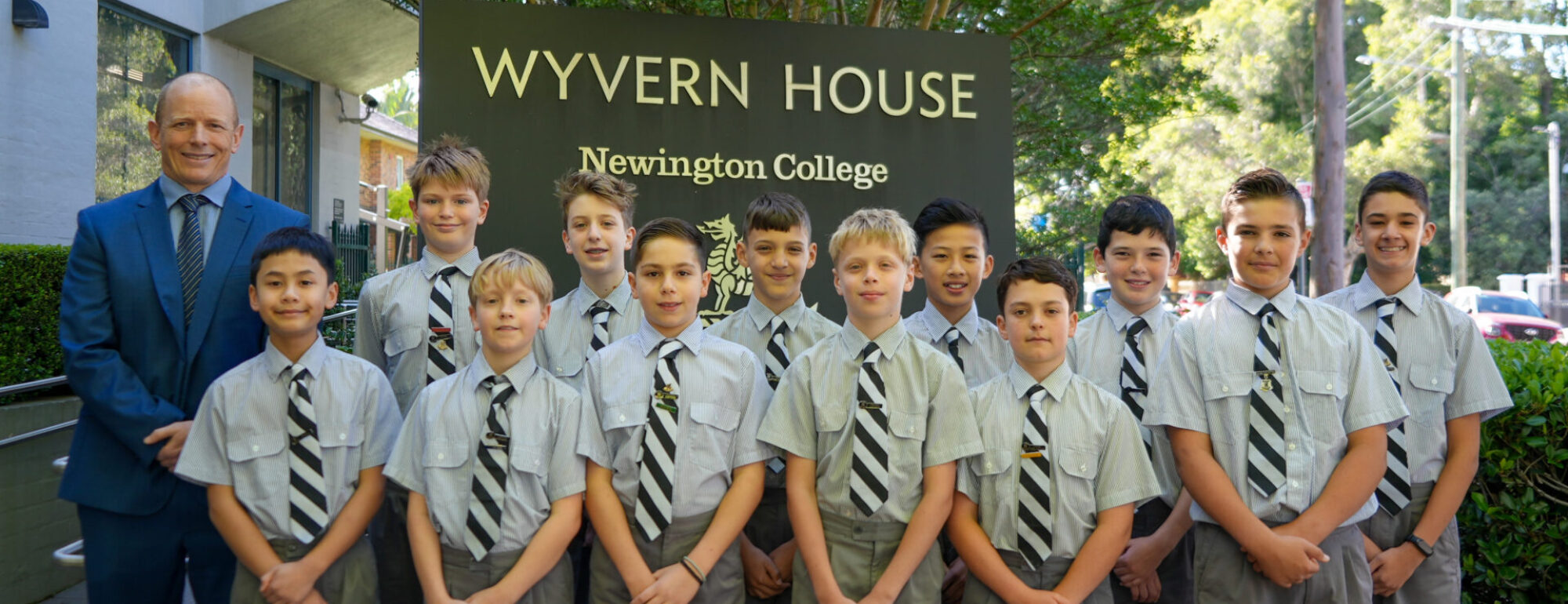24 October 2024
From the Deputy, Preparatory Schools & ELC
Technology is a Great Servant but a Terrible Master
In Jonathan Haidt’s The Anxious Generation he writes about improving children’s mental health by banning phones during the school day and increasing free play. This has been extensively discussed in Michael Parker’s three articles at the end of last term.
This article takes a different angle, focusing on technology usage by primary students and the varying levels of technology uptake, particularly in computer gaming. Boys tend to be more voracious gamers than girls, and this disparity is one reason why female students often outperform their male counterparts in university, with studies showing that many young boys spend an average of 12 to 16 hours per week gaming.
This point made us think about the issues of screen time, educational and social development and our students in the Prep Schools.
Jean Twenge, in her book, iGen: Why today’s super-connected kids are growing up less rebellious, more tolerant, less happy – and completely unprepared for adulthood, states that the changing profile of young people, which has been trending since 2011, derives from the overuse of technology. Her book surmises that too much screen time makes people more vulnerable, less optimistic, less confident and less happy.
Researcher Larry Rosen published findings from recent studies into the focus and attention levels of young people, and it conveyed some interesting data. As you read through the snapshots below, consider each of them against your own relationship with your smartphone. I found it quite revealing.
- University students unlock their phones at least every 15 minutes, look at them for about five minutes each time, and spend a total of four and-a-half hours a day on their devices.
- Online conversations are an important source of interaction for teens, accounting for much, if not most, of their social lives.
- When teens have their phones taken away, they become highly anxious.
- Phone-related anxiety is closely linked to poor academic performance and sleep deprivation.
- About 80 percent of teens say they rarely if ever sleep well, usually because they have a smartphone at their bedside and check it before going to sleep and during the night.
- The average adolescent finds it difficult to study for 15 minutes at a time.
- 80 percent of high school teachers and 63 percent of primary school teachers say technology is making students less able to sustain attention.
- Office workers are interrupted by technology (or interrupt themselves) every 3-5 minutes, take as much as 20 minutes to get back to work and feel stressed by having to work faster to make up for the lost time.
Rosen has these suggestions for messages that educators and parents should be giving children:
- Your brain needs an occasional ‘reset’. Primary-age children should spend no more than a half-an-hour at a time on a device, followed by a break at least that long. Preteens and adolescents should spend no more than 90 minutes at a time with technology, followed by at least 10-15 minutes on an activity that calms their brain – going outside, exercising, listening to music, meditating, taking a shower, having an in-person conversation, playing a musical instrument, practicing a foreign language.
- Sleep is vital. Ten hours is the recommended amount for primary school students, and kids should know that melatonin is naturally secreted in the hours before bedtime to produce sleepiness – unless they’re peering at a blue-light device.
- Tech-free zones and times. These might include the dinner table, restaurant meals, the car and the bedroom.
- Set limits on the amount of screen time allowed. The Australian Guideline for children recommends that 5–17-year-olds should have less than two hours of screen time a day, across all forms.
What about technology use and limits at home? The recommendations are quite clear, but it is very hard to make your children happy in the short term and keep their long-term well-being in mind. Those two goals conflict. Should you just stop accessing screens at home? ‘No’, Twenge says. ‘The sweet spot for mental health and happiness is having screen time but not using it to excess.’
Screen time for education, finding information, problem solving and creativity is one thing, but engaging with social media platforms like TikTok, Instagram, Snapchat and YouTube or using it to play Fortnite tends to have fewer positive outcomes.
As a parent, in relation to non-educational screen time for our students, which in my household, is most of the time, we need to think about screen time in the same way we think of junk food; it is a sometimes food, which we enjoy but we set limits to how often we indulge.
As a parent, you also need to be very aware of how often you disappear into your phone and the electronic world. None of us like it when our very observant and astute children call us out for our own inconsistency or double standards.

What’s Happened This Week
Biennale Week
We would like to give a massive thank you to our lovely art teachers, Ms Meredith Buining and Ms Jacqui Bolt, for putting together a spectacular Biennale this year. The students worked incredibly hard during their art lessons and have done such an amazing job with their artworks. Congratulations to Harry L, James B and Xavier T on being awarded the Wyvernbald portrait winners in Year 6. All the students should be incredibly proud of their artwork.
The Biennale will be open to parents and students to have a look on Friday 25 October at 8.00am-9.00am and 3.00pm-4.00pm and Saturday 26 October from 9.00am-12.00pm.
Inquisitive Minds Workshop
On Wednesday, a group of Wyvern and Lindfield students from Years 5 and 6 took part in an exciting Inquisitive Minds Workshop. It was a fun-filled morning of problem-solving, puzzles, hands-on team challenges and creative building activities. The students demonstrated fantastic teamwork skills and thoroughly enjoyed the mathematical challenges.
Thank you to all the students and staff who helped make the morning such an enjoyable success!
Community Connection in 2025
The P&F is an active and significant contributor to school life. Various events and activities are coordinated by the P&F throughout the year, with the aim of building connections between families and contributing to the improvement of facilities and resources for students.
You are warmly invited to become involved in the community in 2025. Please click here to submit an Expression of Interest for one or more of the following areas.
- Wyvern Uniform Shop
- Wyvern Canteen
- Class Parents
- Events
- Creative Arts
Staff Profile

In the coming weeks, we will be profiling a staff member from each of our different campuses. This week, we introduce you to Lindfield’s newest community members, Polly & Anne Fulcher.
We are happy to announce that, beginning next Wednesday, Anne Fulcher and her dog, Polly, will be visiting our campus once a week as part of a Lindfield Student Representative Council (SRC) initiative.
Anne volunteers with PAWS Pet Therapy, which is a registered charity and offers an inclusive service, based on safe and ethical practices, ensuring everyone can enjoy the PAWS experience.
The PAWS Pet Therapy Dogs are assessed for their ability to socialise, engage, obey commands and safely visit people in unfamiliar surroundings. All PAWS dogs love their work, are beautifully presented and are regularly rewarded for their efforts.
Should families have any questions about this initiative, please contact Mrs Edwards, Mr Trethewey or an SRC Representative.
Q. Can you please introduce yourself?
A. My name is Anne, and I have just retired after 50 years with The Shepherd Centre. This wonderful organisation assists babies as young as two weeks of age right up to young adults who have all ranges of hearing disabilities.
Q. Something other people don’t know about Polly?
A. Miss Polly came into our lives 15 months ago. She is an adorable miniature Tamaruke (type of labradoodle). Tamarukes are bred as care dogs. They are very smart, empathetic and sweet. She loves everyone, particularly our eight grandchildren.
Q. Anything else you’d like to share?
A. My husband’s father used to be the Senior House Master at Newington. His three sons all went to Newington, and their eldest, my husband Greg, was Dux of his year. Our three sons then went on to attend senior school as well, with our eldest following in his father’s footsteps.





